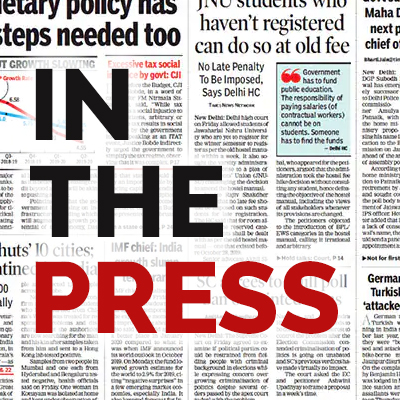Mothers ‘an unseen force’ in ‘honour’ abuse

Family seeks justice over alleged ‘honour’ killing
December 17, 2016
Gay British Asians being ‘forced into heterosexual marriages’
July 19, 2017Mothers 'an unseen force' in 'honour' abuse
Mothers are the "unseen force" behind so-called honour-based abuse, inflicting violence on their daughters, a study has found.
26 June 2017
Research by Rachael Aplin, a criminologist from Leeds Beckett University, said this was often unrecognised by police.
Of the 100 "honour" crimes she studied, 49 involved mothers - but this was often not recorded in crime reports.
Cases included violence to daughters, sometimes to induce an abortion.
She said the focus on any action taken against perpetrators should be on both males and females.
Mrs Aplin, a senior lecturer in criminology at the university, is on a career break from her role as a police detective sergeant.
She said: "The level of involvement of mothers in these cases was a real surprise, as was the level to which this wasn't acknowledged in police reporting.
"As many victims are children, there is a risk that agencies place them back in their mothers' care, mistakenly believing that this will ensure their protection.
"Law enforcement and social services need to reassess their strategies for dealing with honour-based abuse, taking full account of the role of mothers, to ensure children and young women are not returned to, or remain in, dangerous situations."
'She would hit me with a rolling pin'
"Sadir", who was born in Bradford to Afghan parents, was taken into care after being abused by her mother who tried to force her into marriage.
Speaking to the BBC, she described her mother as the main perpetrator, saying she was regularly beaten as a child.
From the age of nine she was told she could not play out, but had to learn how to cook in order to be "marriage material".
Now 35, she said: "I would get physically battered if I didn't cook chapatis or if the chapatis weren't round enough.
"My mum would get the rolling pin out and physically chastise me with it. So she'd punish me and then when Dad came home he'd punish me also because I didn't listen to my mum.
"I felt numb, sore. I was in shock; I couldn't believe she would hit me with a rolling pin, but then after a while you got used to it and it was a normal experience getting hit.
"You wouldn't dare tell anyone you were getting physically chastised at home, you'd just keep it to yourself and go to school and come back."
At 13 years old, she came home to her own surprise engagement party after her mother had planned for her to marry her adult cousin in Afghanistan, whom she had never met.
"We never used to have guests round so I asked my mum whose party is was and she said 'it's an engagement party'. I said 'well, who's getting married?'. I got a bit excited and she said, 'it's your engagement party, I want you to go upstairs and get dressed'.
"I was presented with a photo of a man, my mum's nephew in Afghanistan. I was supposed to marry this guy. I'd never met him; he was an adult and I was 13, a child.
"From that day onwards I knew I was going to run away."
"Honour" abuse is usually associated with women from Muslim, Sikh or Hindu backgrounds and happens when they are seen to have "shamed" their community. It can also affect men, with some charities saying male abuse is underreported.
In Mrs Aplin's research, the abuse perpetrated by mothers included hitting, kicking and slapping, assault with household objects, cutting off daughters' hair and deception in order to encourage a fleeing victim back home.
Other behaviours included threatening to kill the victim or throw them downstairs, bartering to sell them, false imprisonment, emotional blackmail, confiscation of passports, bank cards and mobile phones and emotional blackmail.
'Women as suspects'
Mrs Alpin said: "The instinctive reaction from the public and from police officers and social workers is that mothers protect and nurture and love their children. But actually we need to rethink that.
"Mothers are the key perpetrators in abuse against daughters, and this is mostly abuse pre-marriage. So it's not necessarily abuse against wives once they've been forced into marriage."
Jasvinder Sanghera founded the charity Karma Nirvana to support victims of "honour" abuse and forced marriage, which currently receives about 850 calls a month.
She said: "What they need to acknowledge is that when they are risk assessing or investigating cases they have also got to consider women as suspects, so that they are investigating them, they are holding them to account.
"They need to be recognising that the victims are not safe with these females."

